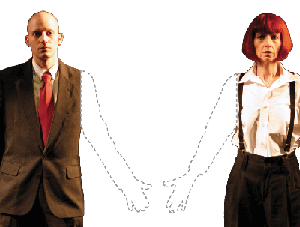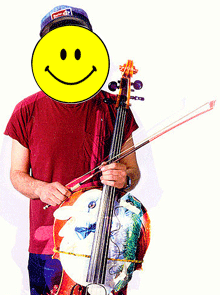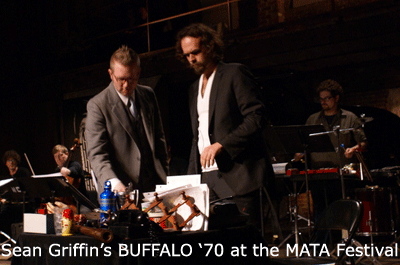 In September 2007, my piece Removable Parts premiered at HERE Arts Center in New York City.
In September 2007, my piece Removable Parts premiered at HERE Arts Center in New York City.
(A brief synopsis: Removable Parts is an hour-long music-theater piece that utilizes the real-life phenomenon of self-amputation as a metaphor for the desire to escape physical, emotional, and psychological pain.)
The reason I mention it here is to talk about something that happened in one of the post-performance discussions with the audience. Two people in particular, including a well-known expert on disability, took issue with what they called a “lack of authenticity” in the piece. They suggested that the two performers on stage (me and pianist Kathleen Supové) did not have the experience necessary to fully understand, or fully appreciate, the issues that disabled people have to face.
Putting aside for the moment the fact that none of the characters in Removable Parts are actually supposed to be disabled, what really upset me about these comments was the implication that empathy is not enough. It didn’t seem to matter how much reading I had done, how many people I had interviewed, or even how many people in my life happened to be disabled. Only first-hand experience of disability would give me the right to explore the subject in my music.
Doesn’t this kind of academic cordoning-off of “other-ness” discourage people from exploring things beyond their own life-experiences? Apparently, the noblest quality for an artist to possess is an utter lack of curiosity.







